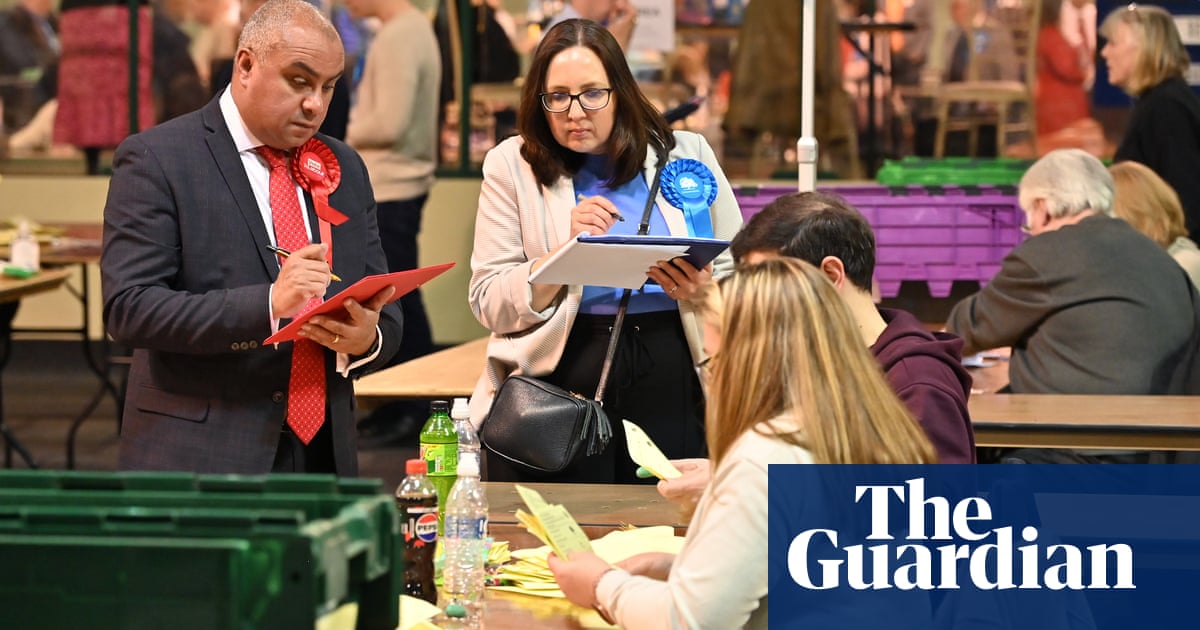Haley loses to Trump in N.H. primary. What’s next for her and her supporters? : NPR


NPR’s Steve Inskeep talks to Elaine Kamarck of the Center for Effective Public Management at The Brookings Institution, about what’s next for Nikki Haley after Donald Trump won the GOP primary.
STEVE INSKEEP, HOST:
OK. Sarah Longwell said flatly there the nomination race is over, but Nikki Haley says she’s staying in. So what are her prospects now? Elaine Kamarck joins us next. She directs the Center for Effective Public Management at the Brookings Institution here in Washington, D.C. Good morning.
ELAINE KAMARCK: Good morning.
INSKEEP: What are the realistic prospects for Haley in South Carolina and beyond?
KAMARCK: Well, you know, I think that Haley was hoping for what we call a Gary Hart moment out of New Hampshire where she’d have such attention and such momentum that it would take her through the rest of the states. But she’s facing some very hard territory. First of all, you know, presidential candidates are really in a quandary in their home states because even if they win, the win sort of gets discounted. Oh, well, it’s their home state.
INSKEEP: Yeah.
KAMARCK: And if they lose, then they’re really in trouble. But what I would be worried about, particularly if I was Nikki Haley, is Super Tuesday. Of those primaries – there’s about 14 – seven of them are closed primaries. So unlike New Hampshire, there will not be any independents voting. It’ll be a hardcore Republican electorate.
INSKEEP: Right.
KAMARCK: And then the delegate count gets very important on Super Tuesday. And what you will have is two winner-take-all by state states. And then you’re going to have 10 states where it’s not quite winner-take-all, but you can pick up all the delegates in a congressional district. So on Super Tuesday, winning even with the plurality is going to tend to give the winner, probably Donald Trump, an awful lot of delegates. And then it becomes difficult for Haley to continue her campaign.
INSKEEP: Let me ask about another prospect here, something short of actually dethroning Donald Trump as the leader of the Republican Party. 1992 has been on my mind this morning. Pat Buchanan led an insurgent wing of the party against George H.W. Bush. He did all right in New Hampshire but didn’t win. He never won any state – never won any state, but stayed in the whole way and became the leader of a faction of the party – an insurgent faction of the party. Is there any possibility for Haley to stay in long enough to become the leader of a portion of the party?
KAMARCK: Well, I think she could. And certainly, up through Super Tuesday, she has the financial wherewithal. That’s what usually gets candidates out of the race. The problem with that is that her campaign against Trump is not really based on ideology. I mean, she supports most of the policies that Trump supports. Her campaign against him is that he is a chaos candidate. He’s old. It’s those sorts of things. So I think it’s hard to sustain a candidacy without a sort of ideological fervor behind it. And I’m not sure she has it.
INSKEEP: If I could ask that point, could Haley create an ideological difference by saying more firmly than she has up to now, my intent here is to follow the Constitution and to work within the systems of the American Republic, which my opponent wants to destroy; he finds them inconvenient, doesn’t know how to work them?
KAMARCK: Well, she could do that. But I think in her mind – and I’m going to take a wild guess as to what’s in her mind – she is setting herself up nicely for 2028, so she may not be very anxious to go whole hog against Donald Trump because she’s got a future. She’s only 51 years old, and she’s, you know, taken down the front-runner, or tried to take down the front-runner here. So – and she may decide not to do that just by looking at her future.
INSKEEP: She may run in 2028, hoping, perhaps, that Donald Trump will not be running in 2028.
KAMARCK: That’s right.
INSKEEP: Elaine Kamarck, thanks so much. She’s with the Brookings Institution, and we’re talking on this morning after the New Hampshire primary.
(SOUNDBITE OF MUSIC)
Copyright © 2024 NPR. All rights reserved. Visit our website terms of use and permissions pages at www.npr.org for further information.
NPR transcripts are created on a rush deadline by an NPR contractor. This text may not be in its final form and may be updated or revised in the future. Accuracy and availability may vary. The authoritative record of NPR’s programming is the audio record.
Source link




